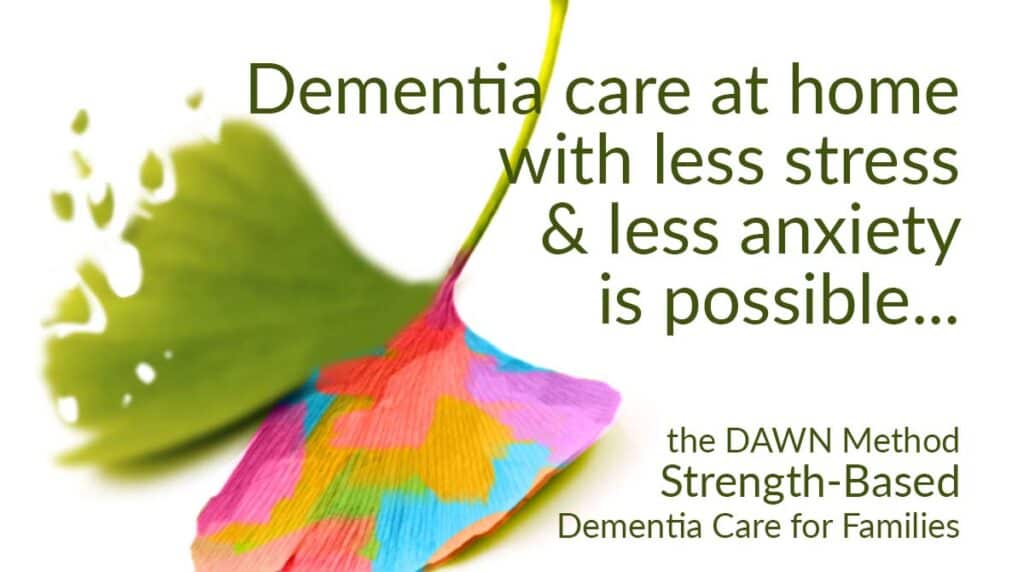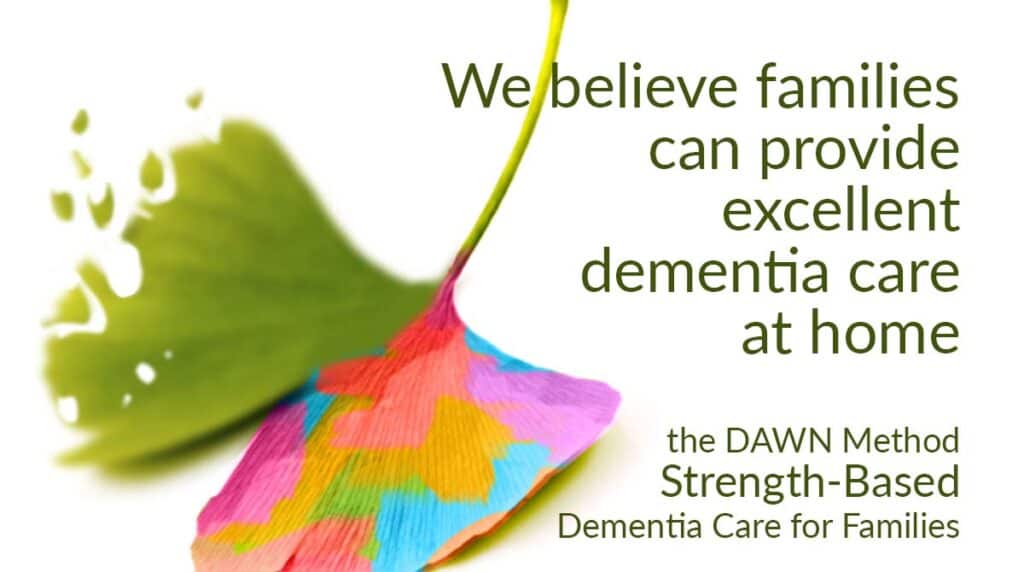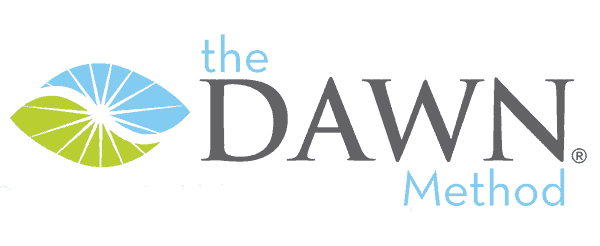Why do we expect them to know us?
So often I talk with people who are upset because a loved one with dementia or Alzheimer’s no longer recognizes them or other family members. Most of us find this painful. If it’s our spouse with dementia who doesn’t recognize us it can be even more difficult to accept. Often, we respond by trying to jog our loved ones’ memories and urging them to recognize us.
Is this logical? Is it kind? We need to think about what dementia is and what someone experiencing it has lost before we ask them to meet our need to be recognized. When a client fails to recognize his or her spouse or other loved ones, I see shock and pain on their faces, a realization that receiving love from their spouse or parent may never happen again. Their grief is palpable, but their efforts to elicit recognition seldom bring results. Most often, the person with dementia will politely pretend to know who everyone is, while feeling bewilderment, failure, guilt and fear.

Memory loss is a disability—trying to jog their memory won’t help
Dementia causes memory loss. It is, at present, irreversible. There may be days when your loved one recalls more than others, but the downward trend will not change. When someone has lost memories due to dementia, trying to jog their memory will not help.
People with dementia have lost the ability to retrieve memories, not just the memories themselves. Although people with healthy brains can take in hints and reminders, then locate and retrieve a memory, people experiencing dementia cannot. Asking a loved one to use memory to recognize you is the same as asking someone who is deaf to hear to you, or someone who is blind to see you. They do not have the ability to comply. Asking them to use skills they do not have is both unkind and illogical.
Use your memories to help them
You do have memory, though, and you can use it. Whether your loved one is still walking around and able to communicate verbally, or bedbound and unable to display any signs of awareness, you can use your memories to connect and share love. You can tell her who you are without demanding that her eyes fill with recognition. You can tell him why you’re so happy to see him and that you were there yesterday and the day before, too. You can recount for her a favorite shared memory from your childhood or describe for her a place she loved to visit with you.
We can enrich our loved ones’ worlds by using our skills, rather than asking that they use the ones dementia has taken away from them.

Show him you know who he is
Particularly heartbreaking to me is the family member who waits by a loved one’s bedside for some indication—the slightest gesture or look to prove that a moment of clarity or recognition has occurred. “I just want her to see me one more time.” But the chance of being present for a moment of clarity is slim. How much better to spend our time at the bedside showing them that we know who they are, and filling their present with stories from happier times.
They experience the moods we bring them
This is a very important truth to understand. Because people experiencing dementia are losing their rational thought processes, they cannot use recall, planning, or distraction to bring themselves out of negative moods. So a negative mood can last a long time. However, this same lack of rational thought leaves them open to the moods we bring them. Because they still have intuitive thought, they continue to feel their own and our emotions.
This gives us, as caregivers and family members of people with dementia the responsibility of bringing positive moods and emotions to our clients and loved ones. Let’s do our grieving in private and bring to them our happiness and love.
Let’s fill their present moments with the good times we recall and do our grieving in private. What we bring to our loved ones with dementia is what they have to live with.
§
Is there a better way to navigate dementia?
The odds are against you if you rely on your gut. Working with people who are experiencing dementia requires a new way of interacting. Family members and caregivers (even incredibly empathetic ones) who don’t truly understand this will inadvertently embarrass, frustrate or undermine their loved ones and clients. Learn why that is and how to navigate dementia more successfully in our DAWN Method courses and books.

